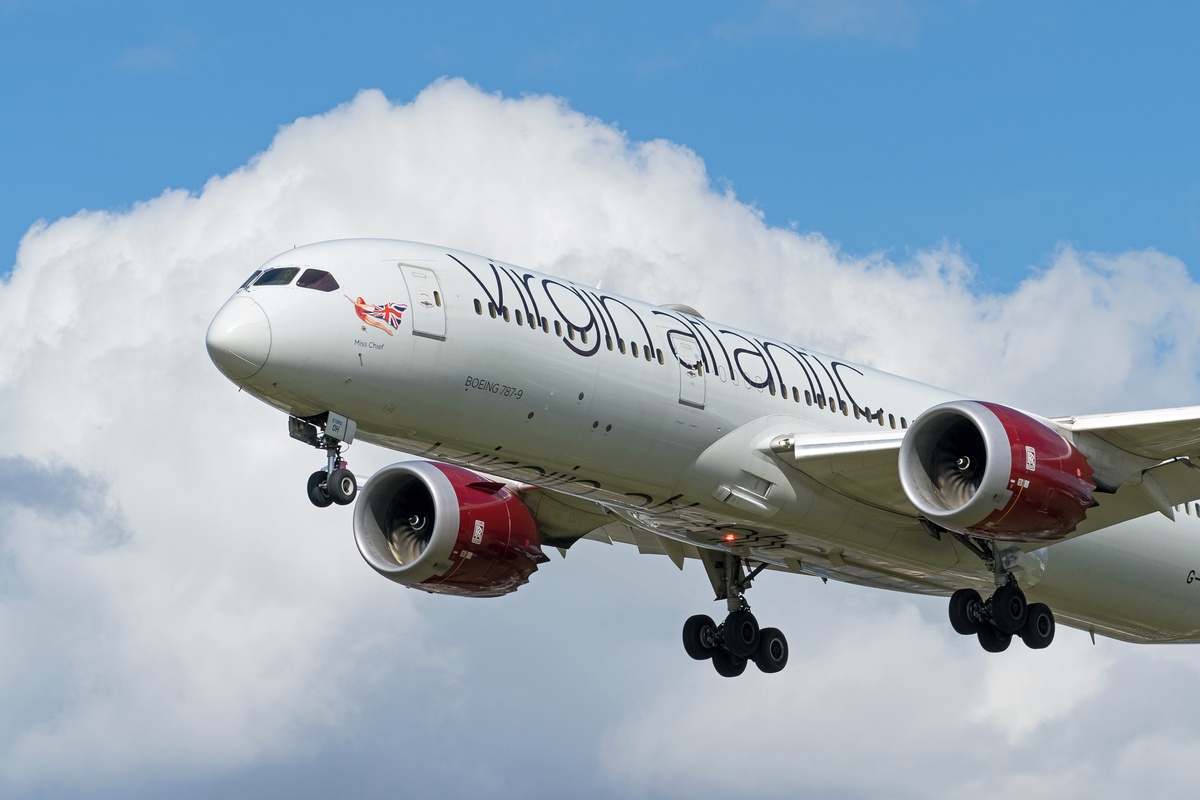KLM Wins Court Battle Against Dutch State Over Schiphol Airport Flight Caps
KLM has won its court case against the Dutch government, which proposed cutting flights at Schiphol Airport from 500,000 a year to 440,000 a year to reduce noise pollution.
The court stated the government did not comply with European rules, which specify a flight cap can only take effect after all measures to limit noise nuisance had been considered.
The District Court of Noord-Holland's preliminary proceedings were brought by KLM and other airlines, including Delta Air Lines, easyJet, TUI and Corendon.
Air France-KLM CEO Ben Smith earlier this year said any flight cap would also disrupt planning for the arrival of efficient new jets better able to curb emissions. The Franco-Dutch airline group said it had invested heavily in newer planes based on foreseeable capacity at KLM’s hub only to see the goal posts move abruptly.
Dutch businesses and citizens have also campaigned against the limiting of flights to Schiphol, arguing it will simply divert the traffic to other airports, and do little to reduce aviation emissions. Some 84,000 jobs could also be jeopardized if Dutch air travel was weakened, they added.
Schiphol Airport meanwhile plans to axe late-night flights over the next two years.




